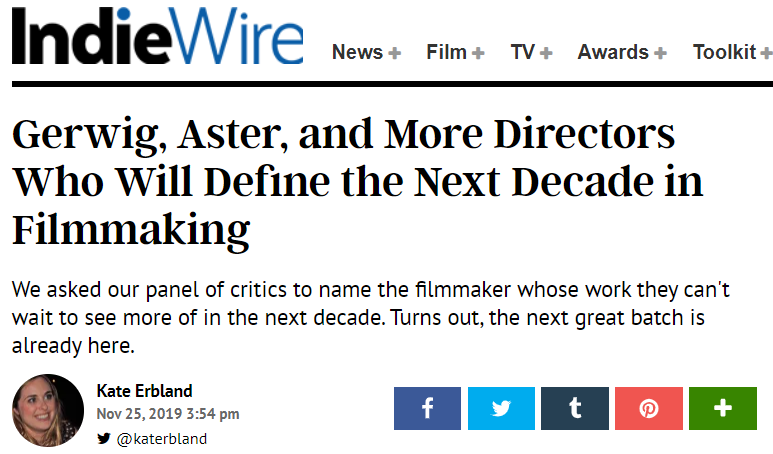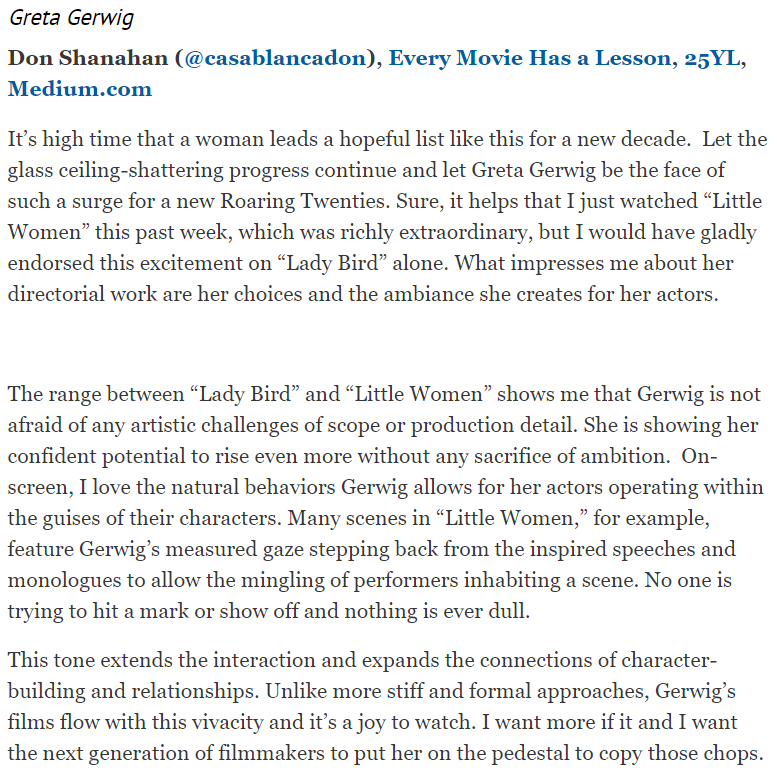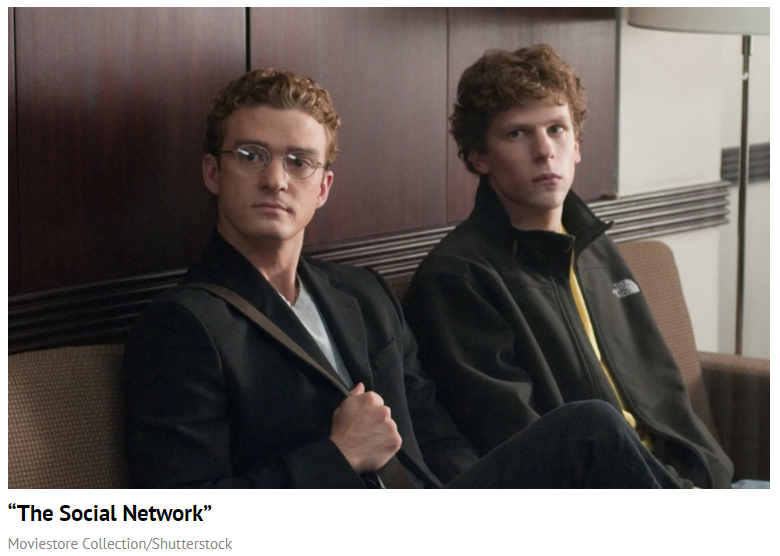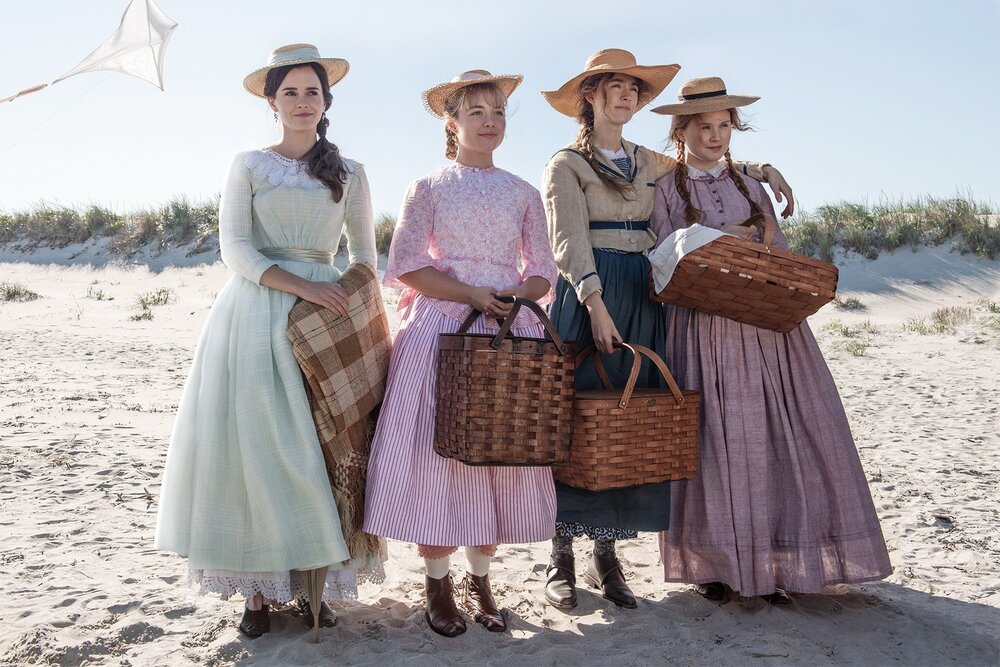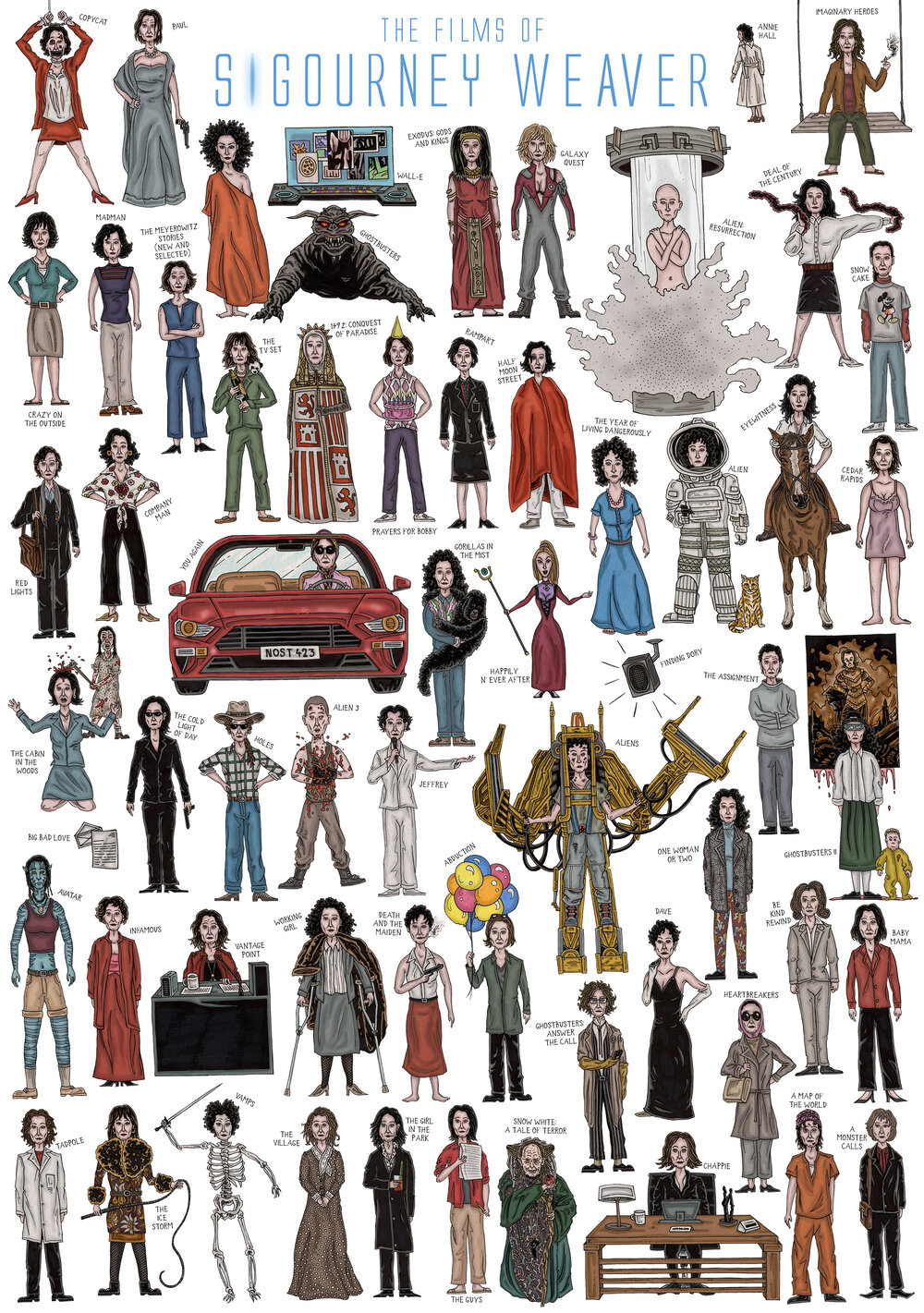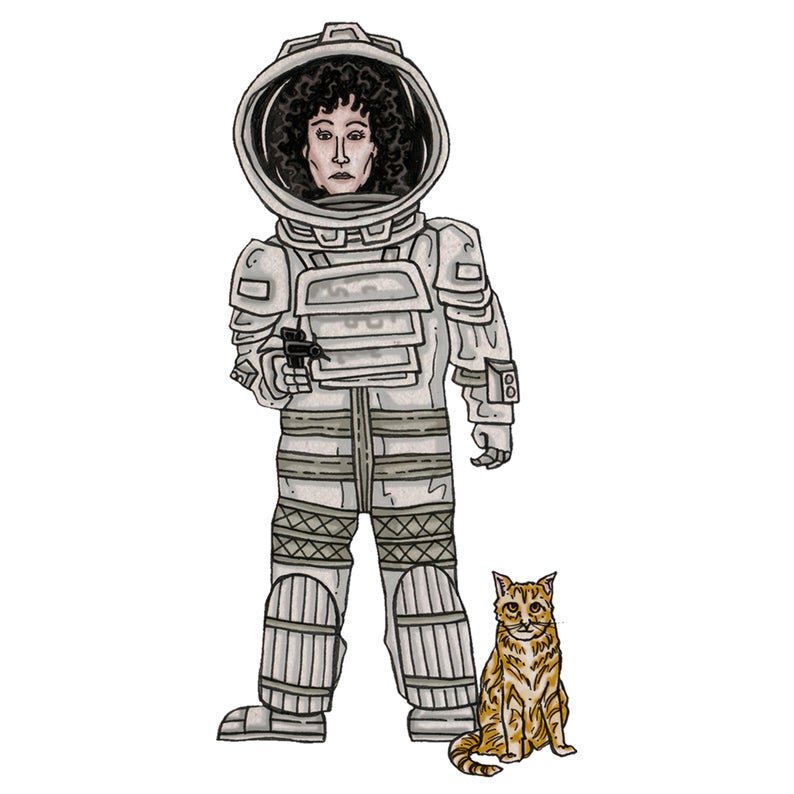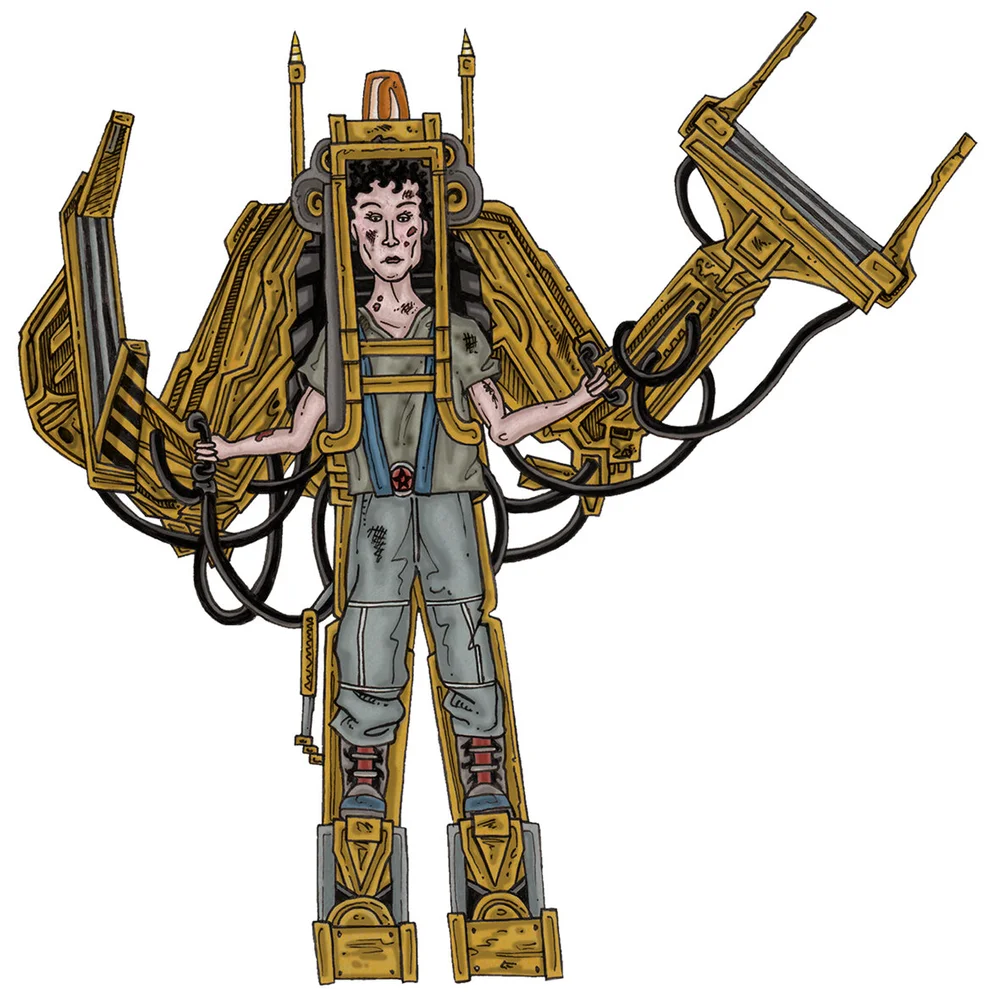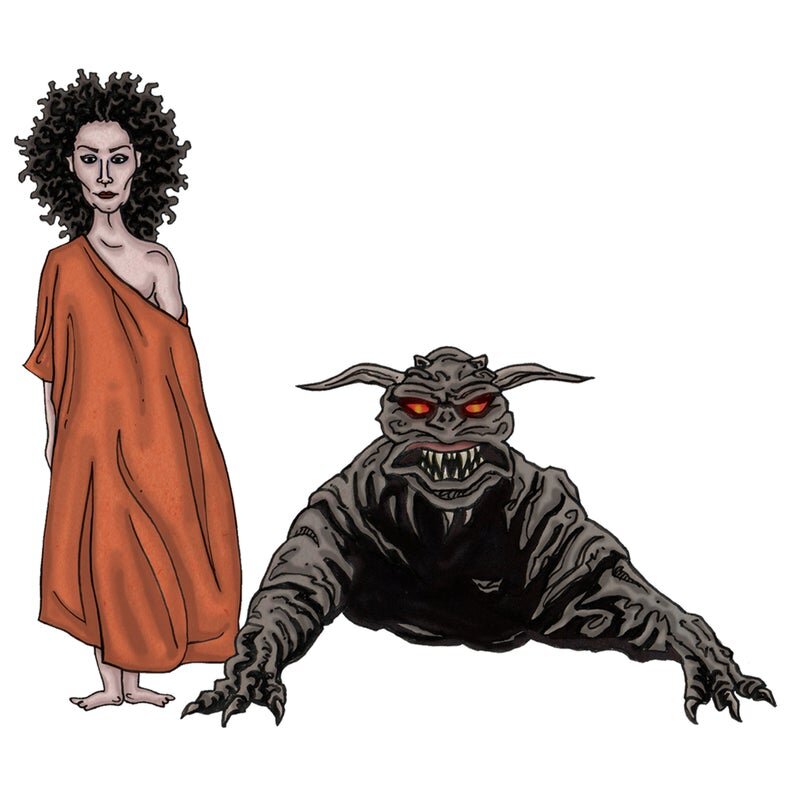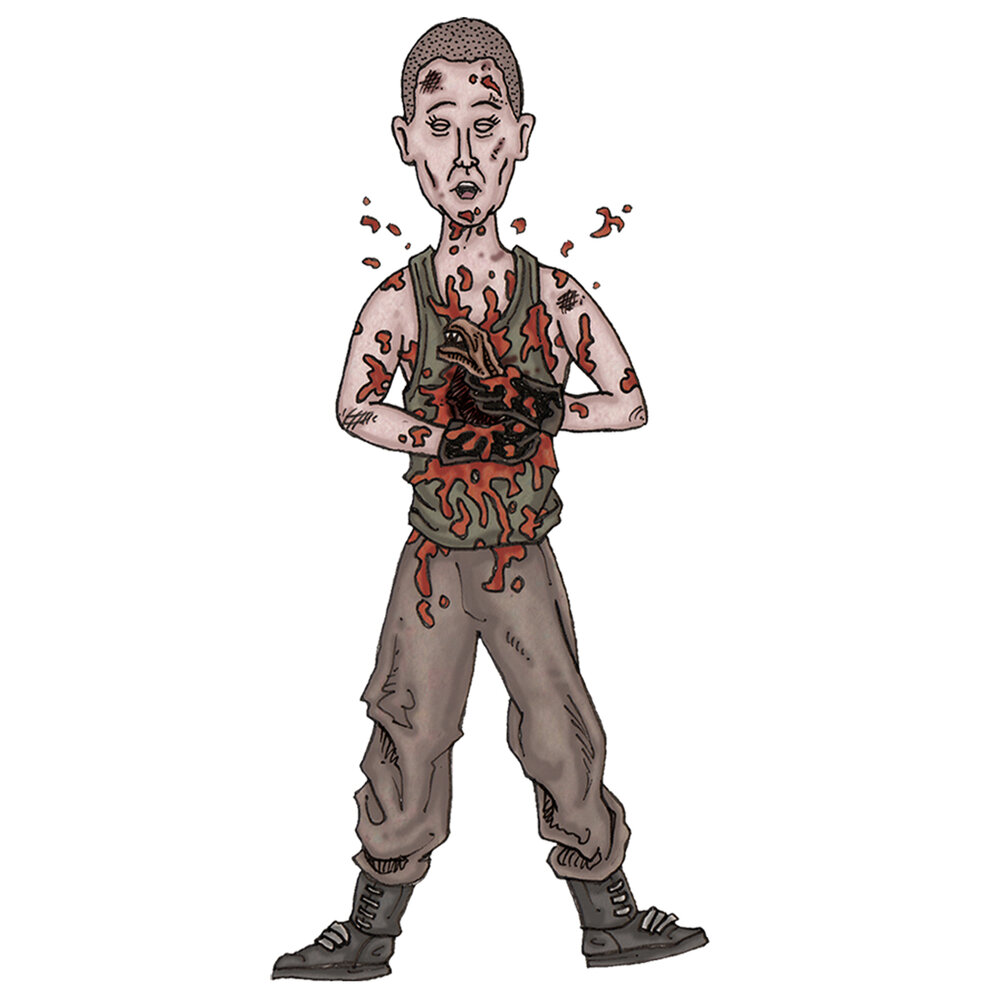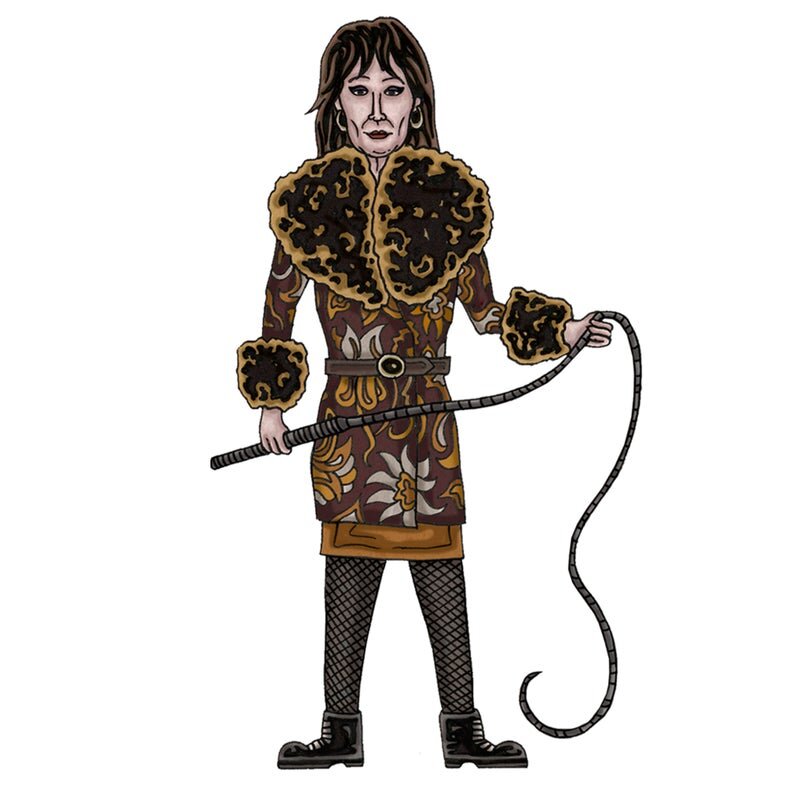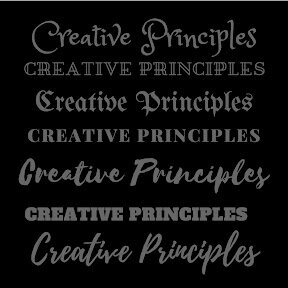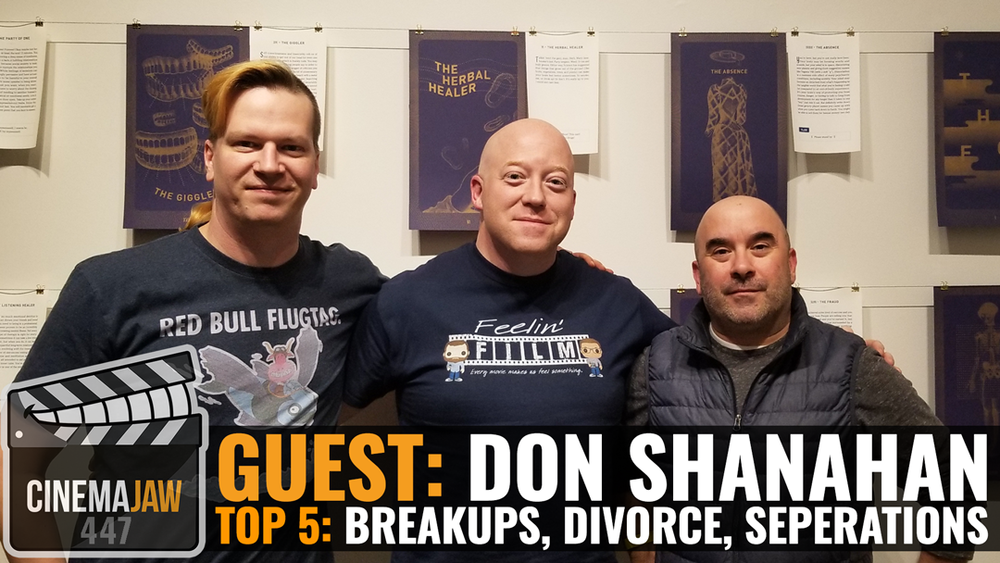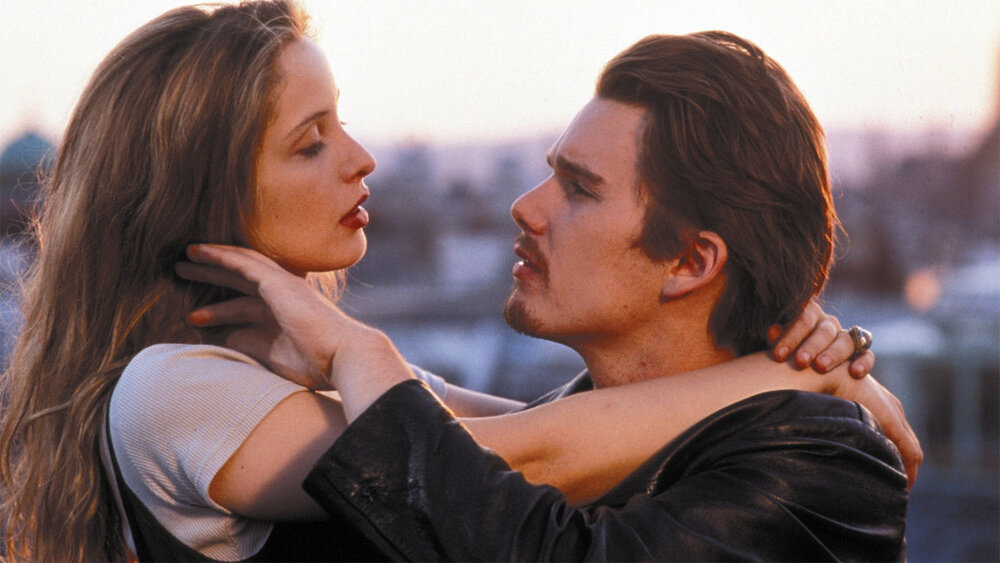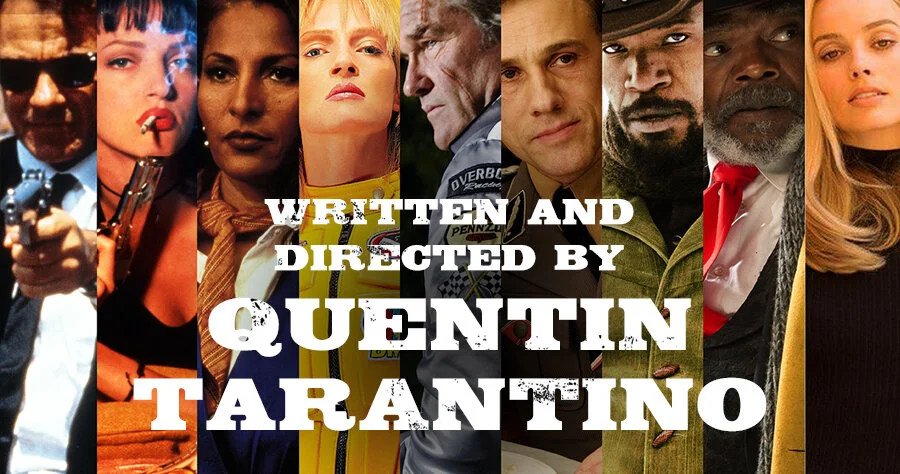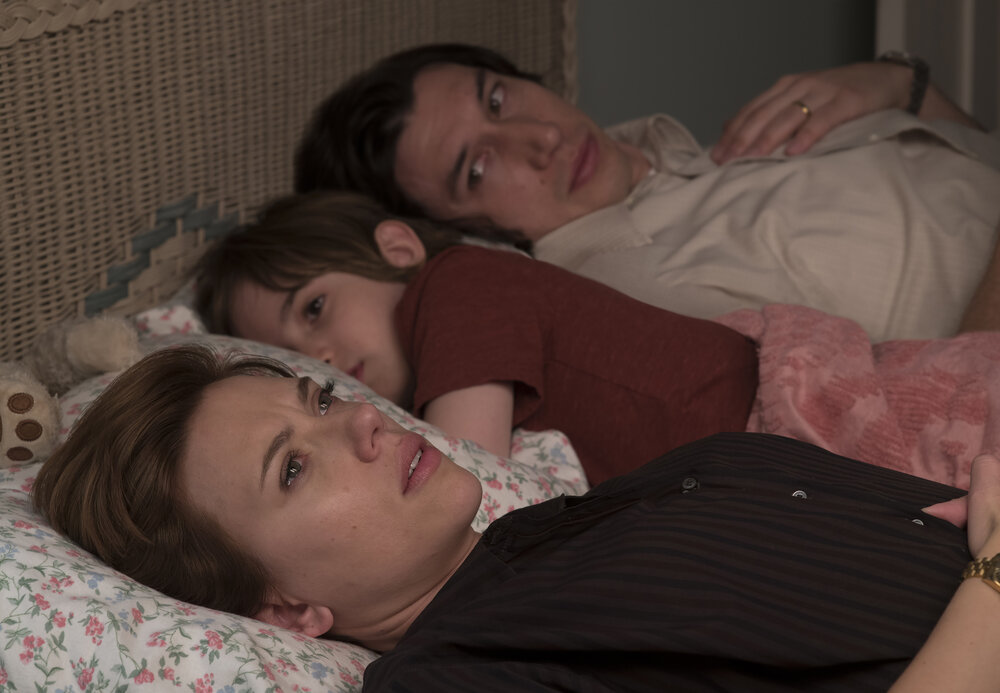
(Image courtesy of Netflix via EPK.tv)

Special Presentation of the 55th Chicago International Film Festival
MARRIAGE STORY— 5 STARS
There is an old adage used by married people, kind of passive-aggressive burn really, that says “you can’t tie your shoes without me.” In a pithy way, the saying speaks to the symbiotic relationship between the partners for even the smallest things. While it may not always come down to shoelaces, there is a given and even understood level of dependency in marriage. That is until such dependency becomes harmful. In one of the finest films ever on the matter of divorce, Noah Baumbach’s Marriage Story challenges the breakdowns of resiliency and vulnerability that push this painful process.
A kinetic seven-minute montage opens the film to prove there is love in the hearts of Nicole and Charlie Barber, played by Scarlett Johansson and Adam Driver. In lively voiceover, each actor takes a turn explaining traits they love about their spouse while sequences play matching visual examples from their history. Backed by a pair of linked musical motifs, a french horn for him and a piano for her, the two have wonderful things to say about each other and the way they parent their son Henry (newcomer Azhy Robertson). It is a rapturous piece of economical filmmaking and instant engagement showcasing the artistry merging with the authenticity.
All that affinity ends when the opening gives way to the present jaded state Charlie and Nicole find themselves in with their scribbled personalized lists fulfilling an assignment for their counseling mediator (Robert Smigel). We got to hear and see the parade of compliments, but, sadly, the real recipient will not. This contentious meeting, its uncomfortable communication, and the gut-punching exit outburst are the first of many swings between wishful hope and pensive despondency involving the married theater director and his actress muse. When Nicole and Charlie are away from each other, they’re open but broken. When they’re together, affection is forced, muted, or worse.
LESSON #1: THE BALANCE OF DEPENDENCY IN A MARRIAGE — Calling back to the notion of dependency, the key is the balance between comfort and control. No matter big or small, what aspect of life and its purpose are being entrusted matters, as well as by whom and for whom this reliance is happening. Synergistic comfort equals compromise. Suffocating control equals dissension. Too much of the latter is happening with the Barbers.
LESSON #2: THE NEED FOR PERSONAL FULFILLMENT — Nicole is the instigator of this excising life decision and her goal is personal fulfillment. In her eyes, she got “smaller” with Charlie, who was unsupportive of her wants, becoming more of an extension of him than a person for herself. She wanted something of her own and not a temporary pipe dream. There is an important distinction made in Marriage Story between being alone and being alive that plays out in many inspiring ways for both former lovers.
Nicole has departed New York with Henry to return to her native Los Angeles to live with her spastic mother (Julie Hagerty) while Charlie’s latest avante garde play has been promoted to Broadway. This return home for Nicole to take a shot at a TV pilot represents the woman seeing freeing catharsis to do something personal and professional for herself after years taking the stage for her husband. The courting and hiring L.A. lawyers between the two ends Charlie’s selfish optimism of completing this separation without the burden of financial and custodial combat. The wish was to stay friends, or at the very least parents for their distant son, without putting the kid into the crossfire with words and misunderstandings used against each other.
LESSON #3: LEGAL DIVORCE IS A HORRIBLE PROCESS — The is an enormous valley between the “ugly” and “amicable” adjective labels for divorce. A trio of lawyers in this movie humanize this maddening, expensive, sad, and embarrassing process in very distinct ways. Laura Dern is the privileged seller of vindictive success with a smile to Nicole. On the other wide Charlie has a choice between a slimy Ray Liotta as the brutal earth scorcher or the soothing Alan Alda (acting like a champ through Parkinson’s Disease) and his blunt sympathy and pathos. All the legal routes suck, so watch as the absurdity that rewards bad behavior when negotiations sour and the counter-offensives go too far.
Marriage Story is a fountainhead of creative brilliance behind the camera. You have likely read about little focused pieces of the artistic ingredients throughout this review. Oscar-nominated The Favourite cinematographer Robbie Ryan captures the faces and places where forlorning meets fizzles of frolic. The deft editing of Jennifer Lame (Hereditary, Manchester by the Sea) expertly measures both the quick shifts of tone in the conversational activity with the smooth passage of time to cover this year of tumultuous and wearisome change. All the while, the wealth of the film’s warmth and compassion comes from the music of two-time Toy Story winner Randy Newman, a most unexpected source until you remember his non-Pixar routes.
Other films on this topic would wallow constantly in over-obvious dark gloom, complete with cliched rain in some key scene. Not a drop of that unsophistication is present in the mostly California-set Marriage Story. Even the worst moments carry a shimmer of hopeful sunlight and releasing level of healing to follow all the hurt. It’s a compliment to those production choices for that tone to succeed. The actors follow suit with their own proper showcase.
The striking central performances from Scarlett Johansson and Adam Driver will floor you. You can measure their commitment to the material by creating convincing highs and equally compelling lows. Watch where her tears come out and when. Do the same with him. Echo that with when they let loose with anger. So often, especially in one especially heavy climactic confrontation, the camera gets closer towards each of them the worse their words get. Explosion pushes the observatory eye back out to exhale only to know that intimacy is forever gone. Marvel at how shattered bonds can be built and then destroyed by these two in the same scenes. It’s high time the Academy recognize that as well.
The most persuasive force of Marriage Story is Noah Baumbach. In a day and age where improvisation chips muddies good material, the majority of even the longest monologues in Marriage Story are completed scripted to the letter. For 136 breathtaking minutes, he works to shatter us, reform us, and then repeat that crushing cycle again and again until his two characters come out better. The prolific indie filmmaker researched the legal sides and pulled from his own divorce experience, as well as those of many peers. By going personal in telling something sobering and straight, Baumbach found an avenue that subdued his peculiar and capricious tendencies without sacrificing his strength of wit. Most always, the best results come from such passion projects. This may very well go down someday as Baumbach’s masterpiece when his career is all said and done.
LESSON #4: WHAT WOULD YOU DO? — It is impossible to watch this movie and not have it be a barometer check towards your own relationship status and integrity. Regardless how much yearning desire floats every now and then in Marriage Story, this trauma recovery. Normally in movies like this, we see the indiscretion itself, then the collapse, ink hitting paper, and maybe a gavel banging for a suspenseful decision. Few films go in between and beyond those decision points to show the fractured orbits and restarts of continuing life with heart and honesty. There is blame to be shared, but you feel for both leads and wonder about yourself externally. That is a substantially powerful effect of this film.

LOGO DESIGNED BY MEENTS ILLUSTRATED (#842)
from REVIEW BLOG - Every Movie Has a Lesson https://ift.tt/2LmwfIr













